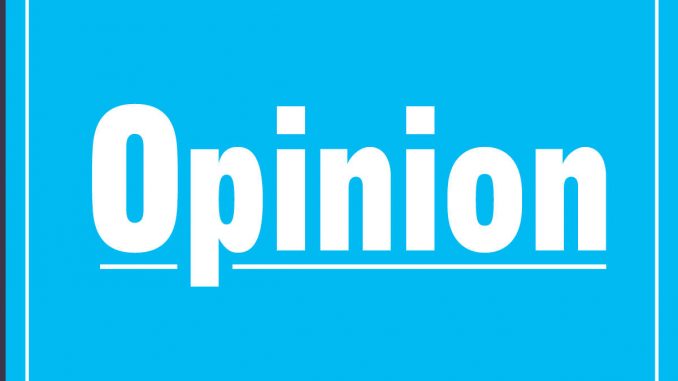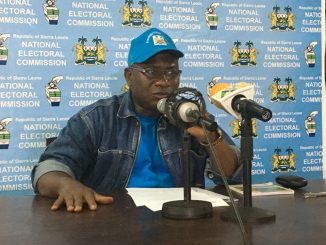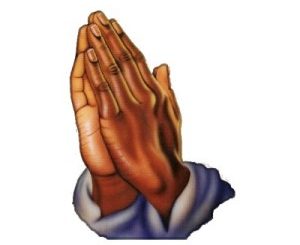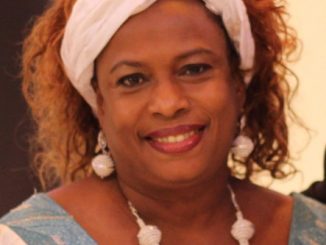
Monkeypox Crisis in Freetown: Public Health Emergency or a Donor-Driven Delay?
By: Tamba Sourie, CEO (ICJR)
The once bustling streets of Freetown are now haunted by a silent but deadly outbreak. Monkey pox, a viral zoonotic disease known for its skin lesions and fever, is spreading at an alarming rate, with Freetown urban and rural areas topping the infection charts. Hospitals are overwhelmed, public transportation remains choked with commuters, and nightlife continues unchecked in many areas, despite the rising threat.
While health professionals and civil society organizations raise alarms about the surge, the government’s response remains tepid at best. Many are beginning to question whether the sluggish attitude of President Julius Maada Bio’s administration is a result of bureaucratic fatigue or a calculated delay to court international donor funding.
The Ministry of Health and Sanitation (MoHS) has confirmed a troubling uptick in monkey pox infections over the past three months. Frontline workers in Connaught Hospital and other facilities in the capital report severe under-resourcing and limited testing kits. In communities like Kroo Bay, Wellington, and Lumley, the virus spreads rapidly through high-density settlements, fueled by overcrowding, limited hygiene, and unchecked social activities.
“People continue to rub shoulders in packed poda-podas and social events every night. Nightclubs are still open, sex workers are still operating, and the government is behaving as if this is just another passing fever,” said Mariatu Kamara, a public health nurse based in Eastern Freetown.
Despite clear warning signs, the administration has refrained from declaring a health emergency or instituting movement restrictions. Critics now suggest that this hesitancy may be less about caution and more about convenience for those at the top.
“It’s a familiar playbook,” said Dr. Lansana Jalloh, a health governance expert. “We saw it with Ebola. The slower the response, the more dramatic the crisis, and the more likely international donors will flood the country with aid. Unfortunately, much of that aid doesn’t trickle down to the communities it’s meant for.”
Indeed, past audits from the Auditor General’s Office have revealed glaring misuse of health funds during national emergencies. The COVID-19 response, too, was marred by reports of missing supplies and unaccounted finances.
Could the current monkey pox outbreak be turning into yet another fundraising opportunity for elite profiteers?
In the absence of strict containment policies, the burden falls on everyday citizens. For traders like Abdul Sesay at Sani Abacha Street Market, the risk is constant.
“I take four taxis a day, squeezed next to people I don’t know. I see people with skin rashes and coughing. But what can I do? I need to eat,” he lamented.
Others express frustration at the lack of outreach and public education. “Where are the loudspeakers they used during COVID? Where are the posters? It’s like the government wants us to die first before they act,” said Aminata Conteh, a youth activist in Kissy.
Experts agree that several interventions are urgently required:
• Immediate restriction of nightclubs and high-risk entertainment centers.
• Limits on passenger numbers in public transport.
• Increased public awareness campaigns and community testing.
• Deployment of mobile health units in high-density zones.
• Transparency and accountability mechanisms for any incoming donor support.
Yet, none of these have been decisively implemented.
Is the government failing the people due to incompetence or is there a more sinister motive at play? Is the slow response a strategic pause to attract donor dollars that are more likely to benefit bureaucrats than the dying poor?
President Bio owes the people of Sierra Leone not just answers, but action.
As the virus continues to spread and lives hang in the balance, the time for politicking and profiteering must end. The health of the nation must come first.




Leave a Reply